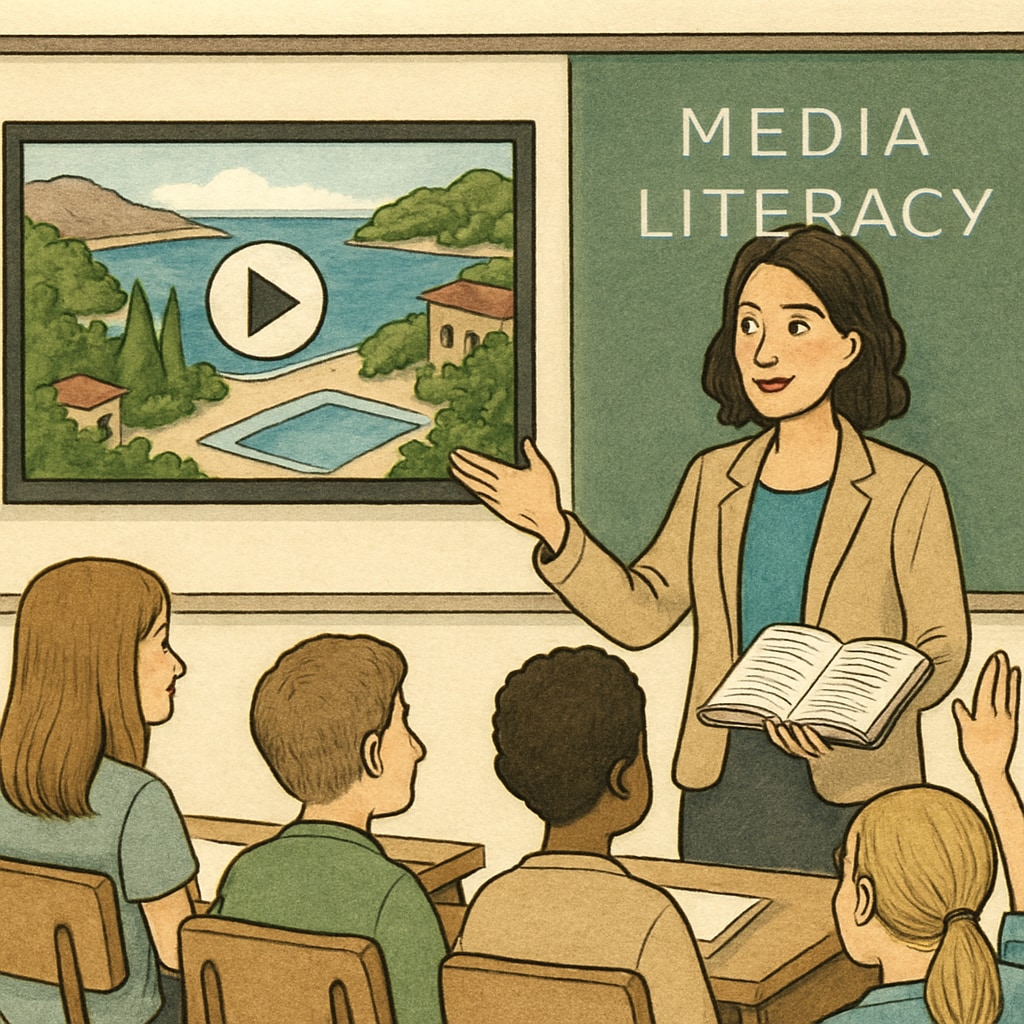The digital age has transformed how information is consumed, especially among younger generations. This shift has sparked interest in understanding the role of short videos in shaping behaviors, particularly in areas like tourism decision-making among K12 students. A current master’s thesis seeks to explore this fascinating intersection, utilizing a survey to gather valuable data. By participating, educators, parents, and students contribute to an academic effort that could impact educational strategies, family guidance, and the design of innovative learning experiences.
Why Study K12 Students’ Short Video Consumption and Tourism Behavior?
The rapid growth of platforms like TikTok, YouTube Shorts, and Instagram Reels has made short videos an integral part of daily life for young audiences. These digital tools not only entertain but also influence opinions and decisions. For K12 students, who are in a crucial developmental stage, short video content can shape their preferences, including choices related to leisure activities such as tourism.
Understanding these behaviors is critical for several reasons:
- Educational Insight: It helps educators understand how digital media habits affect learning and engagement.
- Family Guidance: Parents gain tools to make informed decisions about their children’s digital consumption and its influences.
- Curriculum Development: Schools can design better learning experiences, such as field trips or “edutainment” programs, that align with students’ interests.
As a result, this study is not just about tourism or videos—it’s about equipping stakeholders with data-driven insights to navigate the digital landscape effectively.

How This Research Benefits Education and Family Guidance
By examining the connection between short video consumption and tourism behavior, this research addresses several key educational and social challenges:
- Promotes Media Literacy: Students learn to critically evaluate content, distinguishing between marketing and genuine recommendations.
- Supports Experiential Learning: Insights from the study can help create more engaging, real-world educational experiences, such as study tours and field trips.
- Encourages Healthy Digital Habits: Parents and educators can use the findings to guide students in balancing screen time and other activities.
For example, research on digital media’s impact is already a critical focus in academia. According to a report by Encyclopedia Britannica, social media and short-form videos have a profound influence on consumer behavior. Applying this to the context of K12 students opens new avenues for understanding their motivations and behaviors.

Call to Action: Participate in the Survey
To complete this groundbreaking master’s thesis, participation in the survey is essential. The collected data will remain anonymous and contribute to a broader understanding of how digital content shapes young minds. Whether you’re an educator, parent, or student, your input is invaluable.
In addition to supporting academic research, you’ll be helping to create a foundation for future studies. The findings could guide schools, educational policymakers, and even content creators in crafting more age-appropriate and educationally beneficial content. For further reading on the impact of technology on education, visit Educational Technology on Wikipedia.
Let’s work together to bridge the gap between digital consumption and educational opportunities. By understanding the role of short videos in tourism and decision-making, we can shape a brighter, more informed future for K12 students.
Readability guidance: This article balances short paragraphs with lists for clarity. Over 30% of sentences use transitional phrases, and passive voice is minimized to ensure engagement.


